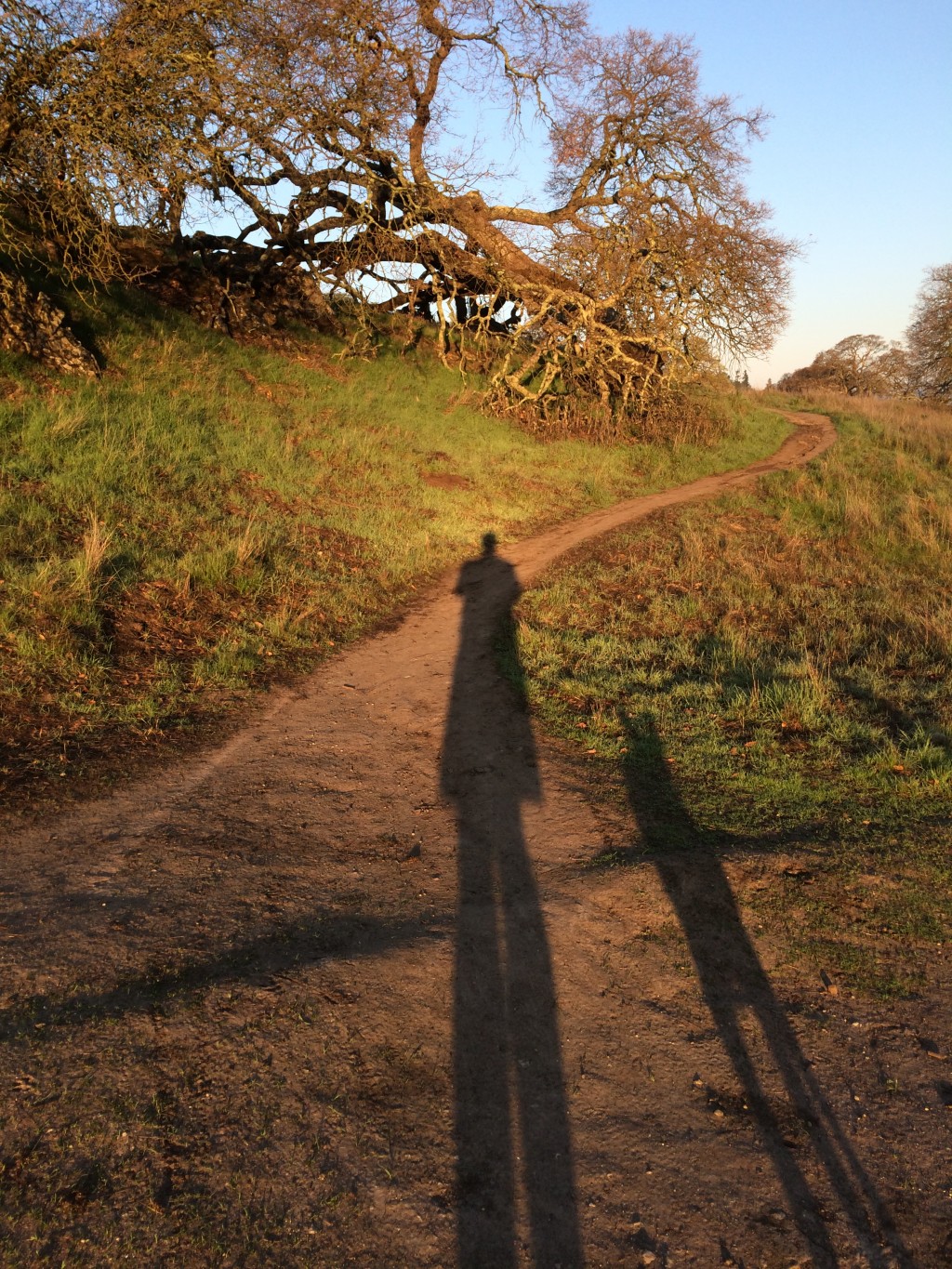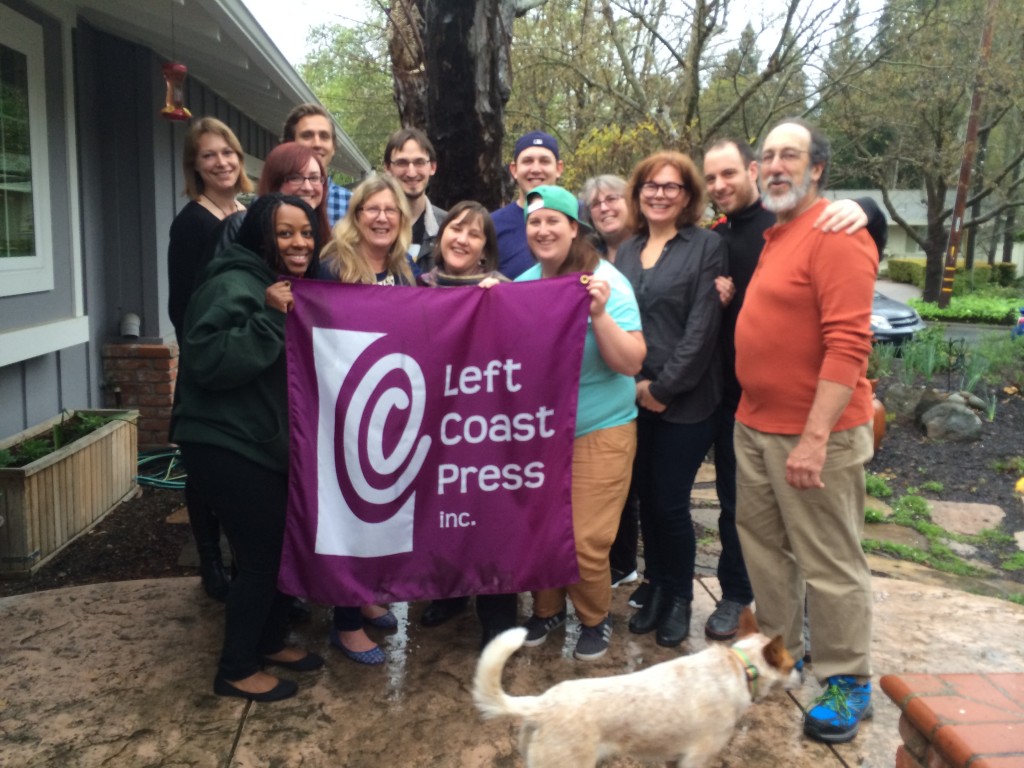
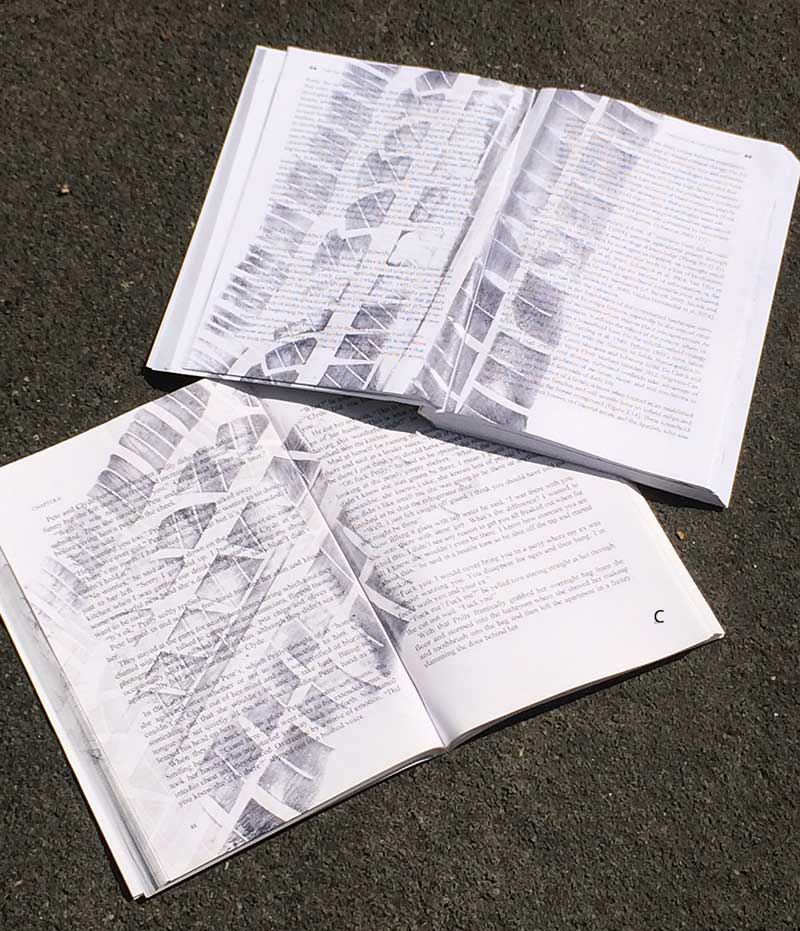

Mitch’s Blog
A Year Later
Thursday, February 16, 2017
Transaction Publishers closed its doors this month. Lost in the political din of alternative facts, illegal orders, and Superbowl commercials, this fact is a verifiable one, and a sad one. Founded in the early 1960s by sociologist Irving Louis Horowitz, Transaction existed as an independent social science press for over half a century, publishing thousands of important books and journals 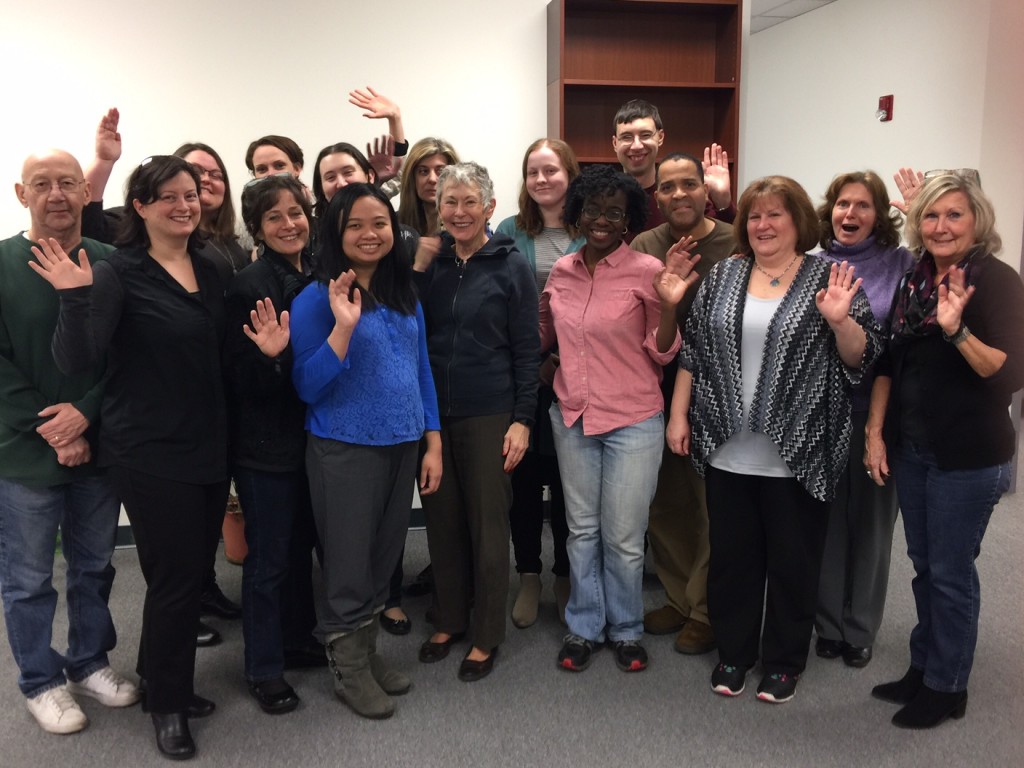 before being sold to Routledge in December.
before being sold to Routledge in December.
It was exactly a year ago that I locked the door on the second floor suite on San Miguel Drive for the final time, walked next door and handed Jeff, the building owner, our half dozen office keys. Trudged down the stairs to a van filled of boxes and drove out the driveway for home. I didn’t look back that day, though I still pass that building often in my trips around Walnut Creek. Left Coast Press, which Vida and I founded 11 years earlier, was finished. Now Transaction, another small scholarly press, has joined us.
Transaction has always had a fond spot in my heart. Irving, its co-founder, has been my role model for decades. A tenured sociology professor, 
A man of my father’s generation, ethnicity, and urban setting, his original specialty was the work of sociologist C Wright Mills, famous as author of The Power Elite (he coined the term), The Sociological Imagination, and White Collar. Irving contributed writings of his own on inequality, genocide, social theory, and publishing, among others. As a publisher, he created or reissued books by such lightweights as WEB Du Bois, Hans Eysenck, Milton Friedman, Erving Goffman, Andrew Greeley, Margaret Mead, and Aaron Wildavsky. How he juggled the two careers still mystifies me; my own trajectory was a poor copy of his.
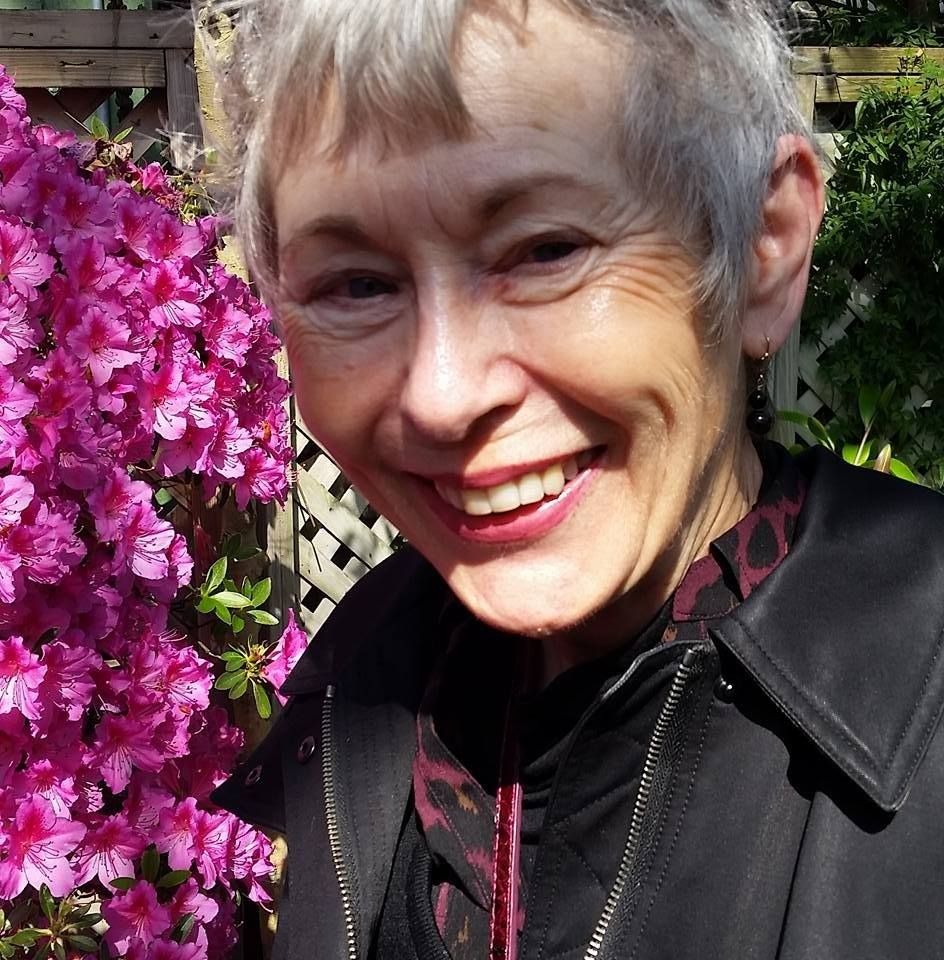 Mary Curtis, President of Transaction and Horowitz’s widow, kept it alive and vibrant for the succeeding five years. Recently, she has gone through the same soul searching that we did: whether or not to divest herself of a publishing house for which there was no clear succession plan in place. Her biggest concerns were the successful continuation of the books they had worked so hard to birth and the welfare of her staff as they sought new jobs. I think she was successful at achieving both. Now Mary plans to devote her attention to the Horowitz Foundation, giving grants to fund important social policy projects. I’m very happy for her, but guilty that Left Coast might have provided a model for her to follow, causing the demise of yet another small, successful press.
Mary Curtis, President of Transaction and Horowitz’s widow, kept it alive and vibrant for the succeeding five years. Recently, she has gone through the same soul searching that we did: whether or not to divest herself of a publishing house for which there was no clear succession plan in place. Her biggest concerns were the successful continuation of the books they had worked so hard to birth and the welfare of her staff as they sought new jobs. I think she was successful at achieving both. Now Mary plans to devote her attention to the Horowitz Foundation, giving grants to fund important social policy projects. I’m very happy for her, but guilty that Left Coast might have provided a model for her to follow, causing the demise of yet another small, successful press.
The Transaction news turned last week into one of reflection on the one year anniversary of walking away from publishing.
It didn’t help that Left Coast got thrown at me from other angles the same week. The box arrived containing 25 books from Routledge, unfinished Left Coast manuscripts that were handed over when we closed our doors. Like long lost lovers, they were a happy sight to behold. Those old flames were reignited, only to be dashed knowing they now belonged to someone else, symbolized by the “R” tattooed on each front cover. I silently wished each of them happiness and success, knowing that my time with them was over.
That Friday, I went to the Oakland Museum for a book signing for a new Left Coast/Routledge book, one that I had worked on with the author for four years but that didn’t see the light of day until a month ago. Finally, a book event where I didn’t have to worry whether the books would arrive in time! Would there be an adequate crowd? Would the sound system work? Did we have a working credit card app? It was liberating for those not to be my problem.
Several other Left Coast authors, now redefined as old friends, were in the audience. I had to stop myself several times from suggesting book to write in conversations where people described their current projects. After all, I couldn’t promise to publish them or guarantee that they would find a publisher. I went home filled with kind words from people who had worked with me and others who had wanted to. It felt like I made a difference to them. In much the same way, I told Mary that she and Irving had made a difference.
Mary shared with me her generous, caring farewell letter to her staff. After thanking them for their good work and promising help in moving on, she reflected on her own future: “Will anyone need me? Will what I do be sufficiently meaningful? But rather than dwell on the negative, I’ve decided to look at this as a challenge, an opportunity to try new things, and to discover new possibilities.”
She will, as I have. I’m now a publishing consultant, writing two archaeology books, blogging, involved in several boards of directors and organizational committees, giving 8 papers or workshops at various conferences, serving as book review editor for a journal, and dancing more than I have in three decades. I couldn’t remotely envision that life a year ago. And, on a random Monday afternoon, when I’m fed up with whatever project I’m working on, I might just turn off the computer and walk the dog in the verdant hills. Or sit down with a glass of wine and a good book.
Or write a blog about how the world looks a year later.
Thanks to Mary Curtis for the photos of herself and her staff and for allowing me to quote her letter. Good luck Mary!
Back to Scholarly Roadkill Blog
Scholarly Roadside Service
ABOUT
Who We Are
What We Do
SERVICES
Help Getting Your Book Published
Help Getting Published in Journals
Help with Your Academic Writing
Help Scholarly Organizations Who Publish
Help Your Professional Development Through Workshops
Help Academic Organizations with Program Development
CLIENTS
List of Clients
What They Say About Us
RESOURCES
Online Help
Important Links
Fun Stuff About Academic Life

